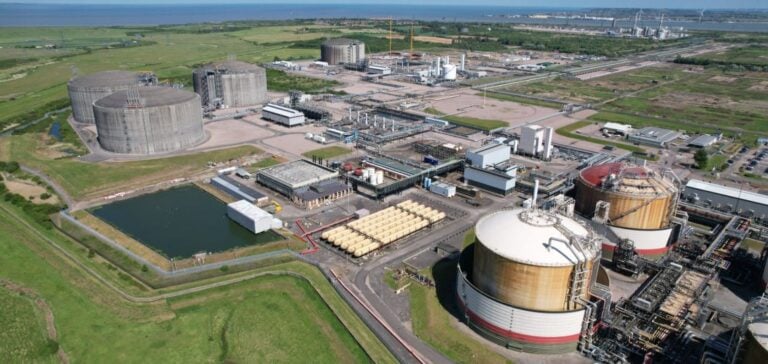The United Kingdom’s gas reserves have reached a critical point. According to Centrica, the parent company of British Gas, they are half-full, 26% lower than at the same time in 2024. These low levels are attributed to particularly cold weather conditions and the cessation of Russian deliveries via Ukraine as of December 31, 2024.
Early winter temperatures weakened reserves as early as December. Additionally, high prices complicated restocking efforts during the holiday season, Centrica noted. As a result, the UK reportedly has less than a week’s worth of gas reserves in case of a consumption surge.
Limited Storage Capacity
The UK suffers from lower gas storage capacity compared to several European countries like France, Germany, and the Netherlands. These nations possess infrastructure allowing greater flexibility in meeting demand fluctuations. Currently, European reserves average 68%, compared to 83% at the same time last year, according to the Aggregated Gas Storage Inventory (AGSI).
The UK’s reliance on liquefied natural gas (LNG) further complicates the situation. Primarily imported from the United States, LNG is highly sought after on the international market, particularly by Asian and European countries, intensifying competition.
Government Assures Stability
Despite these concerning figures, the UK government remains optimistic. Downing Street asserts that the country has a diversified and resilient energy system capable of meeting winter demand.
Additionally, European gas prices, which surpassed 50 euros per megawatt-hour at the end of January, have since fallen to around 44 euros. This slight relief comes as market imbalances and geopolitical uncertainties continue to create tension.
As winter continues, the UK’s energy situation highlights the importance of an adequate storage and supply strategy to address both climatic and geopolitical challenges.






















